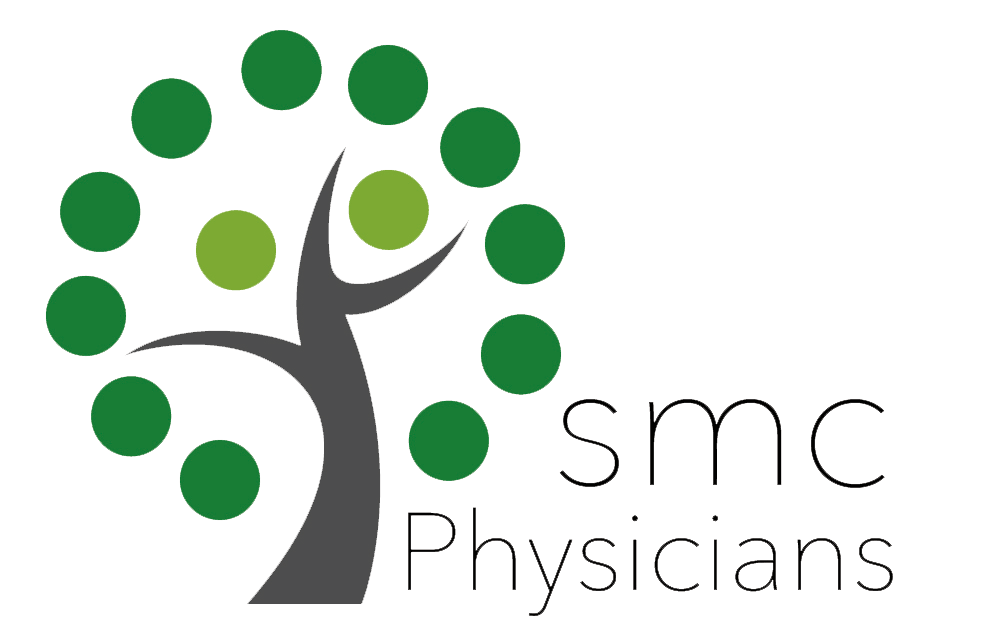Rheumatology
Joint Pain
Joints connect your bones together, help you move around, and support you as you move throughout the day. Damage from injury or disease can cause joint pain, hamper your movement, and prevent you from enjoying your favorite activities.
Joint pain is a common ailment that can affect people of all ages. It can feel like grating, throbbing, tightness or burning. It can range from mild discomfort to severe pain, impacting daily activities and quality of life. Joint pain can vary throughout the day, starting strong in the morning and easing or loosening up as the day goes by.
Risk Factors for Joint Pain
- Age: Joint pain becomes more common as we age, with conditions like osteoarthritis becoming more prevalent in older adults.
- Gender: Certain types of arthritis, like rheumatoid arthritis, are more common in women than in men.
- Family History: Having a family history of arthritis or other joint-related conditions can increase the likelihood of developing joint pain.
- Obesity: Carrying excess weight places additional stress on the joints, increasing the risk of joint pain and conditions like osteoarthritis.
- Occupation and Activities: Jobs or activities that involve repetitive motions, heavy lifting, or frequent impact on the joints can contribute to joint pain over time.
Causes & Treatments of Joint Pain
Here are several of the most common causes of joint pain and how they are treated. Depending on the cause of the joint pain and stiffness, a number of treatment options can be deployed against them.
- Osteoarthritis: Sometimes called wear-and-tear arthritis, osteoarthritis is the most common culprit in joint pain. It occurs when the protective cartilage that cushions the joints wears down over time, causing pain, stiffness, and reduced mobility. To feel better, losing weight, exercise, and physical therapy can make a big difference. Over-the-counter pain medication and anti-inflammatory topical gels and creams can also help.
- Rheumatoid Arthritis: Often called “RA,” this is a chronic autoimmune disorder in which the immune system mistakenly attacks the synovial membrane, the tissue that lines the joints. This results in inflammation and tissue damage to ligaments, cartilage, and bone. RA may also affect the heart and lungs. Your doctor may recommend over-the-counter pain relievers such as aspirin (in adults), naproxen, or ibuprofen, or corticosteroids like prednisone and methylprednisolone for short-term relief of RA symptoms.
- Gout: A form of arthritis caused by a buildup of uric acid crystals in the joints, gout commonly affects the big toe and causes sudden and intense pain. Avoid alcohol, red meat, and shellfish in your diet, because these can make the condition worse. Your healthcare provider may also prescribe medication to lower the amount of uric acid in your blood.
- Tendonitis: Tendonitis is an inflammation or irritation of a tendon which is a piece of connective tissue between muscles and bones. Inflammation of the tendons, usually due to overuse or repetitive motions, results in pain and tenderness near the joints. Apply an elastic bandage to ease soreness and inflammation. Keep the joint elevated. Your doctor may recommend taking over-the-counter pain relievers such as aspirin (in adults), naproxen, or ibuprofen.
- Autoimmune Diseases: Conditions such as lupus or rheumatoid arthritis can cause joint pain as the immune system mistakenly attacks healthy joint tissues. More common in women in their 20s and 30s than in men, these disorders usually cause pain in small joints, like fingers, wrists and toes. Being active can help with joint stiffness caused by lupus and rheumatoid arthritis, but sometimes medication is needed to treat flare-ups.
- Injury or Trauma: Joint pain can result from accidents, sports injuries, collisions, or repetitive movements that strain the joints, causing sprains, strains, or fractures in everyone from young athletes to older adults. A physical examination will help your doctor determine the current function of the joint and decide upon the best treatment.
Joint pain can significantly impact your quality of life, but understanding its causes and exploring effective treatment options can help you manage the discomfort. Schedule an appointment with our Rheumatology team at SMC Physicians to receive a proper diagnosis and personalized treatment plan that will help you find relief and get back to doing the things you love. Take the first step towards a pain-free future today.
Conditions We Treat
We provide ultrasound-guided arthrocentesis (joint injections) of both steroids and gel injections such as Orthovisc and Synvisc.
We offer a state-of-the art private infusion center at each location, offering the following medications and more:
Our Rheumatology Locations:
Galloway
235 East Jimmie Leeds Road Galloway, NJ 08205
Hours:
Tuesday: 8:30am-4pm
Wednesday: 8:30am-4pm
Thursday: 8:30am-4pm
Cape May Court House
108 N. Main Street, Suite # 1, Cape May Court House, NJ 08210
Hours:
Monday: 8:30am-4pm
Tuesday: 8:30am-4pm
Wednesday: 8:30am-4pm
Thursday: 8:30am-4pm
Cherry Hill
51 Haddonfield Rd, Suite 160, Cherry Hill, NJ 08002
Hours:
Monday: 8:30am-4pm
Thursday: 8:30am-4pm
Friday: 8:30am-4pm
Toms River
442 Commons Way, Unit D, Toms River, NJ 08755
Hours:
Monday: 8:30am-4pm
Tuesday: 8:30am-4pm
Wednesday: 8:30am-4pm
Thursday: 8:30am-4pm
Friday: 8:30am-4pm




